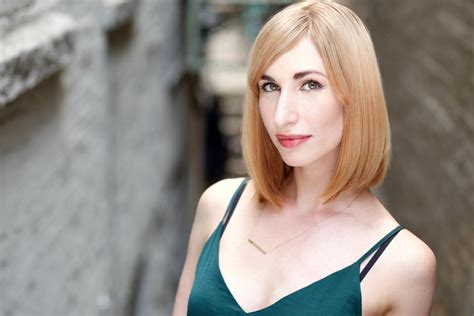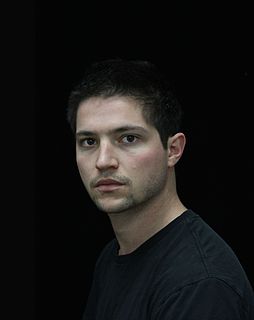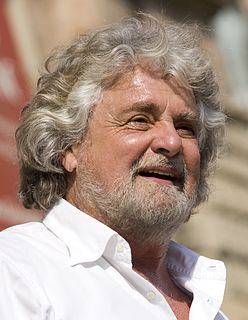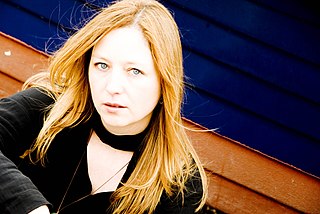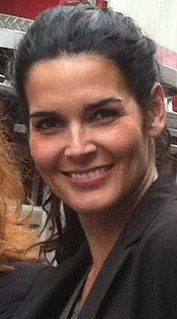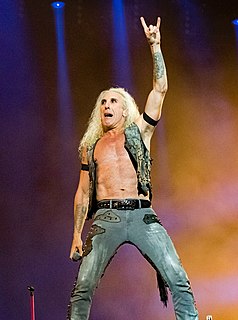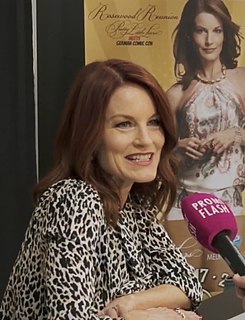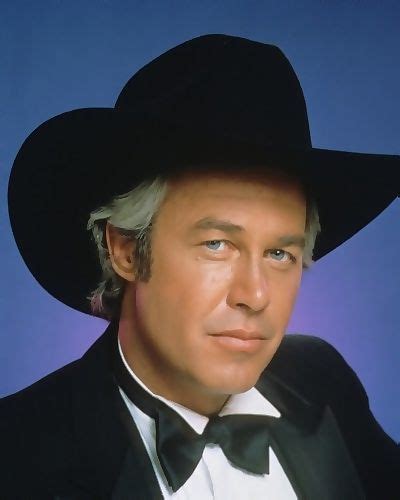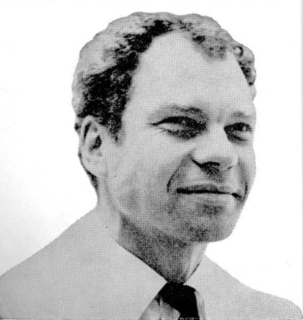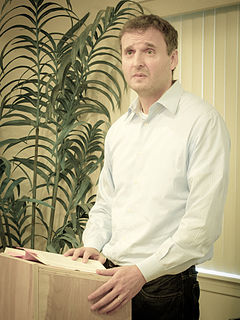A Quote by Nikka Graff Lanzarone
Where we're telling the story of the history of the ensemblist [in the "Ensemblist Essentials"], using the nine musicals that have won the Pulitzer Prize for Drama as fixed points in time We're going from 1931 to 2016 and using these shows to talk about what the typical show was like for an ensemblist at the time; did this show change anything about that job, while it was changing everything about the way theatre was written and produced and made?
Related Quotes
The time is a thing; you don't have so much time. A good trick is to try and think about a way to use material from one occupation for the other. It's like going through working a day job, this is so dumb to say, but you know how Julian Schnabel made those crockery paintings while he was working as a short-order cook? It's like that, using what is around, transforming that to create meaning and make art. Trying to take nothing and make... something.
I started using my blog to get information about cities I was about to visit, asking followers what the main problems there were. Many mentioned misconduct of politicians and other things I wanted to talk about during my shows. Then, before a show in one city, local politicians called saying they would sue if I said something unpleasant.
It [The Esemblist] is also about the generation of audience members that are watching shows and listening to us at the same time; hopefully, in time, when they listen to our show and then go see a show, they'll realize even more what it takes to make a show, and they'll know even more about everybody on stage, rather than just people above the title of the show.
Bruce McGill and Sasha Alexander are regulars on the show. That shows that it's not just a typical procedural show. We have these actors because they can come in and actually act, and show the different colors of actual people. No person is just one color. No person is just who they are at their job, 24/7. That was really what I was excited about.
I was on 'Melrose' at a time where we had to all go home and be there at the same time when the show was on, or set your VCR. But that was a big thing, and people of my generation still talk about that. They remember where they were, at what point of their lives that show came, and then talking about it the next day.
It's so much better for me to do a talk show. You still have that energy of the audience, and the audience is just as important as that guest that's sitting next to me. It's not about me and that guest exchanging energy and talking. It's about everything that's going on in that room, and they're as much a part of the show as anything. I like this better than anything I've ever done.
I am wary of repeating myself too much. In this age of Netflix, as a Netflix show, if you want to go back and watch a season 1 episode, you can do that easily. I'm not interested in repeating the same story beats over and over and over again. But part of the truth of BoJack story is about how much he repeats himself and these patterns that are difficult to get out of. I'm trying not to be evasive about that. I'm not using that as an excuse. I think that's convenient to fall back on as a TV writer: "Oh, it's a show about stagnation."
